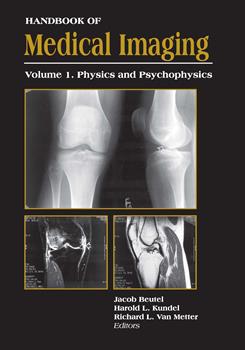|
This chapter is about expertise in radiology. In the domain of radiology, expertise is largely acquired through massive amounts of case-reading experience. But just as everyone who is taught how to read is not an expert reader, so too everyone who is taught how to read medical images is not an expert image interpreter. The criterion that defines an expert medical-image interpreter is consistent and reliably accurate diagnostic performance. Nothing less will do. For example, despite intensive study and training, it has been shown that radiology residents at the end of residency training are significantly below the average of a large national sample of U.S. radiologists in overall accuracy of screening mammograms for breast cancer (Nodine, Kundel, Mello-Thoms et al., 1999). This finding is not surprising when considered within the framework of research on expertise, which stresses that expert performance in many domains is, statistically speaking, rare, and usually accomplished only after extensive training and practice (Chi, Glasser, Farr, 1988; Ericsson and Charness, 1994).
We view expertise as the ability to acquire and use contextual knowledge that differentiates one from one's peers in a particular field. In this sense, expertise is a contextual concept, because the knowledge-structured skills that make an expert in one domain do not transfer to other domains (Nodine and Krupinski, 1998; Patel and Groen, 1991). Moreover, expertise is composed of a sum of different parts, each having a unique influence on the total. For example, in the context of medical image interpretation, an expert is someone that has had more experience, meaning diagnosed more cases, thus providing a broader range of variations of normalcy against which to differentiate abnormal findings. An expert is also someone who has a natural talent to perform within a chosen domain. Again, from a radiological perspective, different radiologists may have seen a similar number of medical images, but some will stand out in their ability to diagnose abnormalities, and perform the task faster. This component of expertise is called by us talent, but there is no doubt that motivational factors may be coloring what is termed talent (Ericsson, 1996, p. 27; Ericsson and Charness, 1994, pp. 728-729).
|


